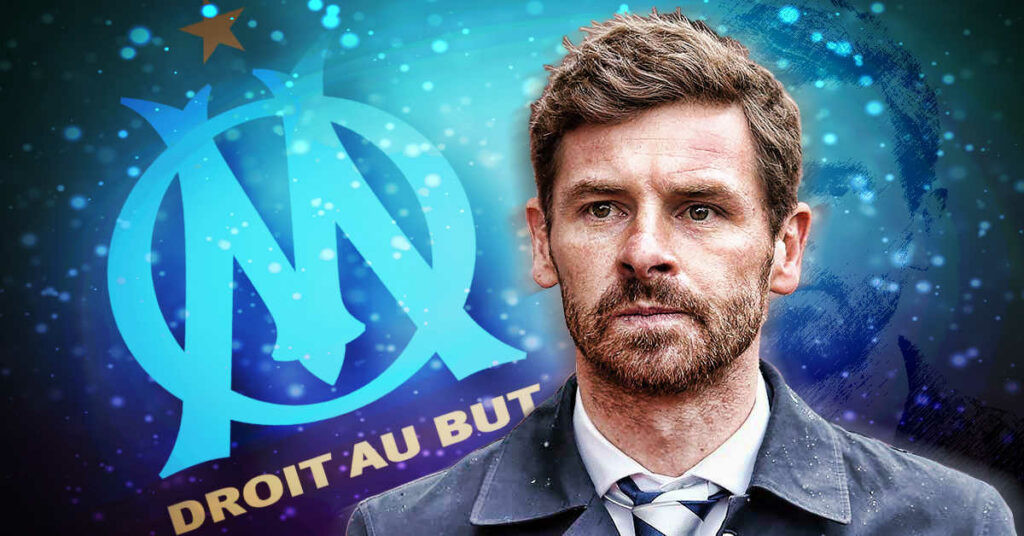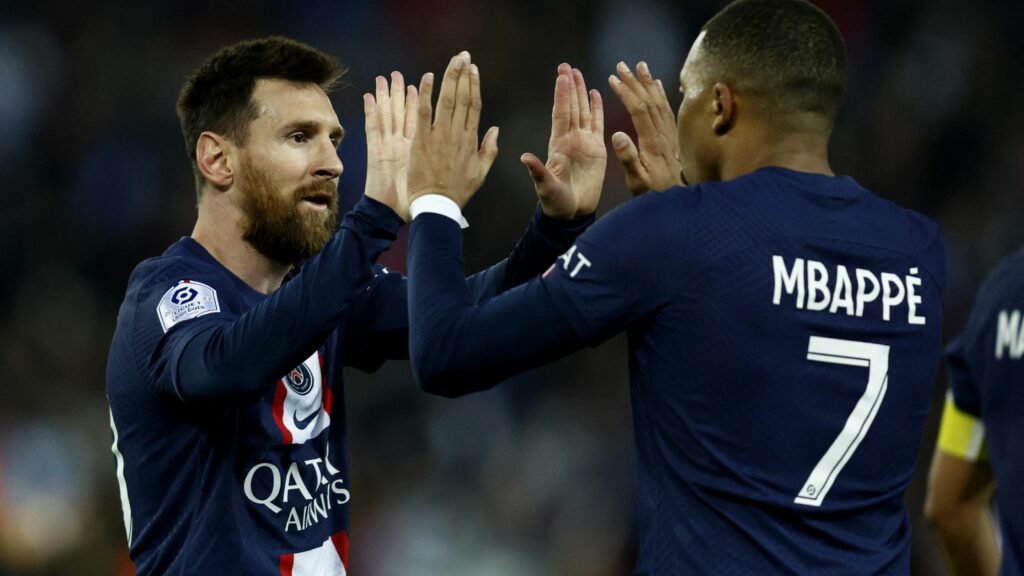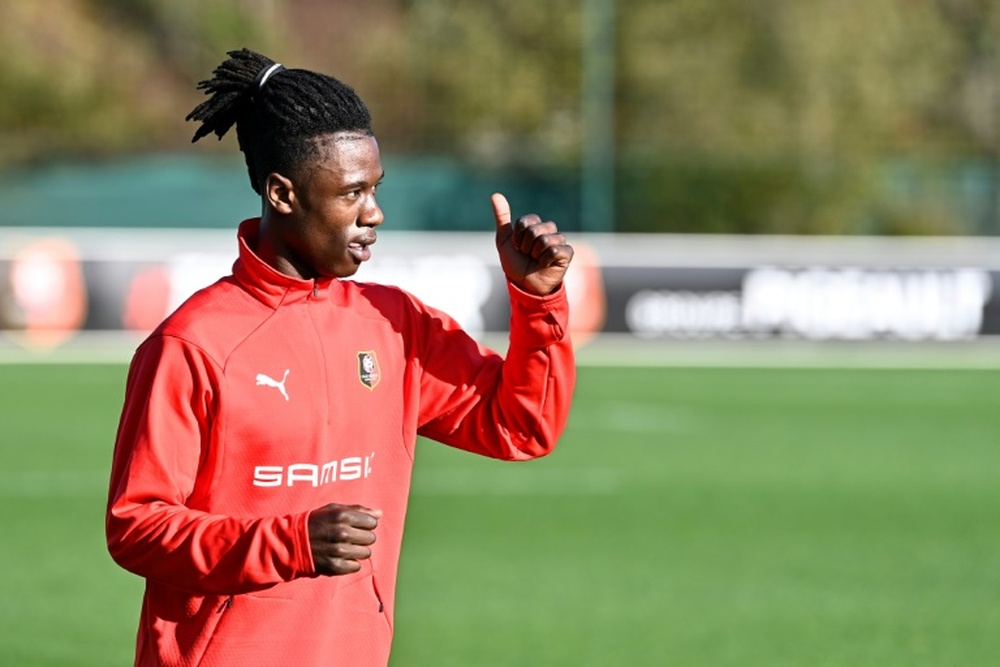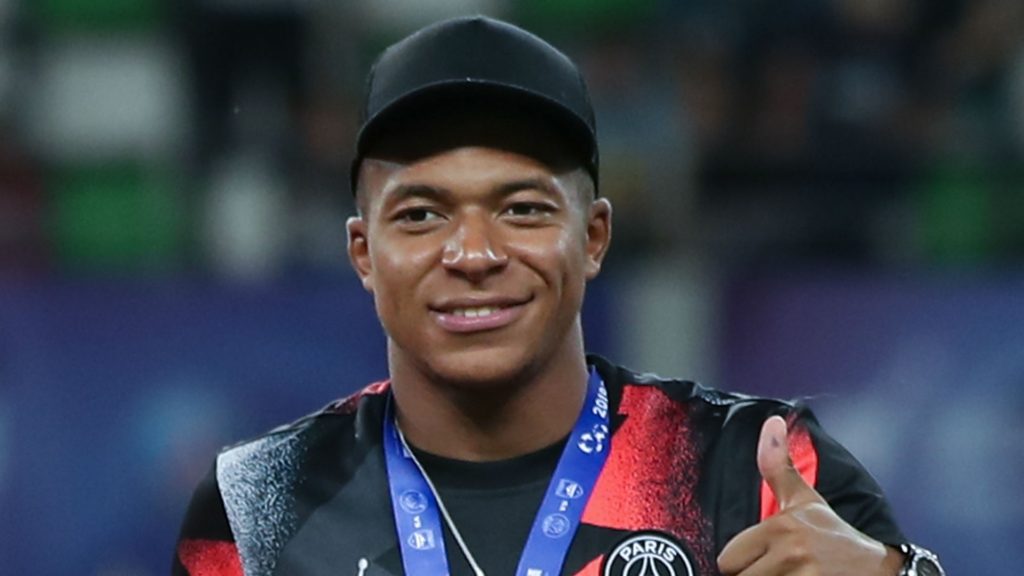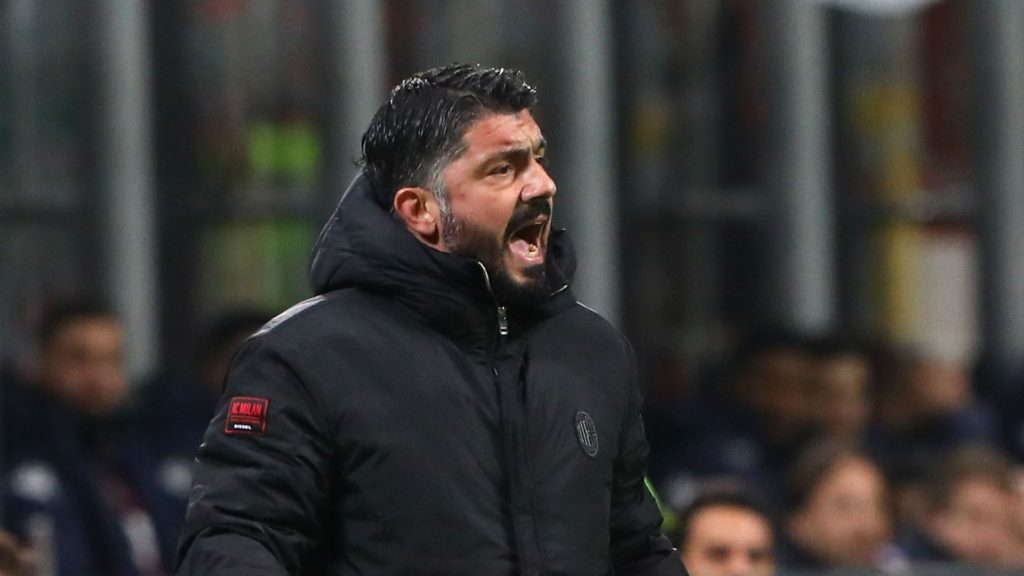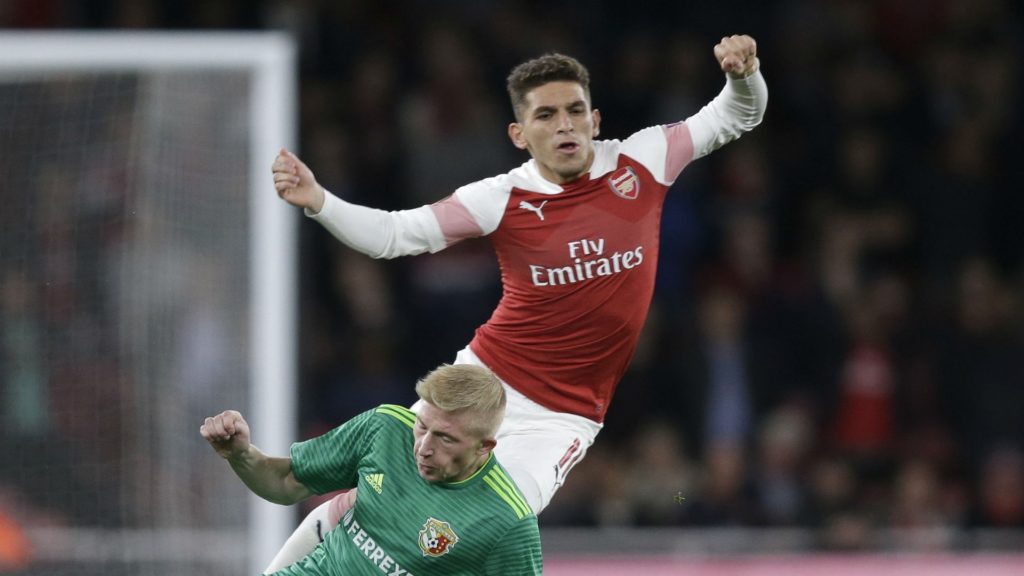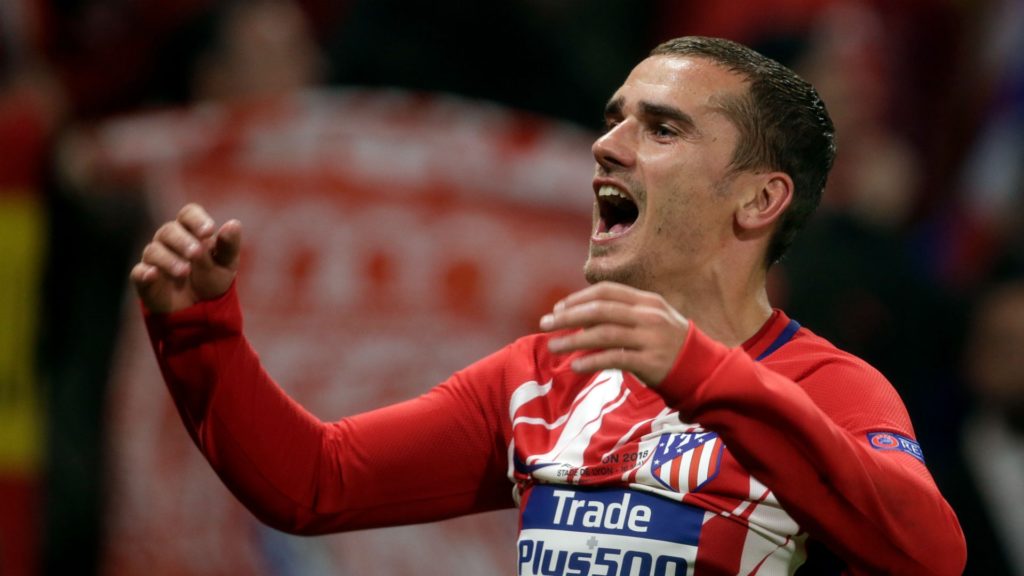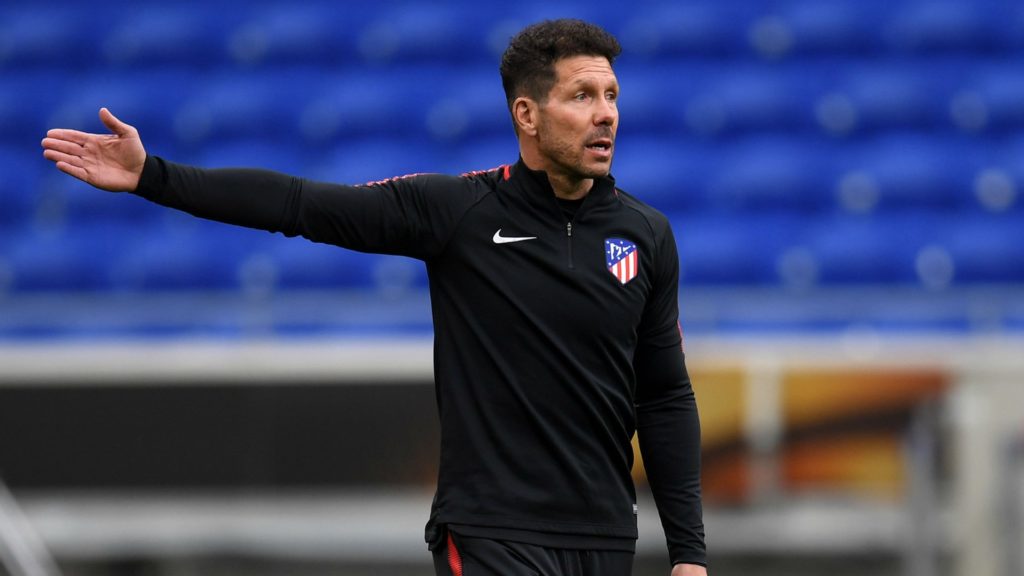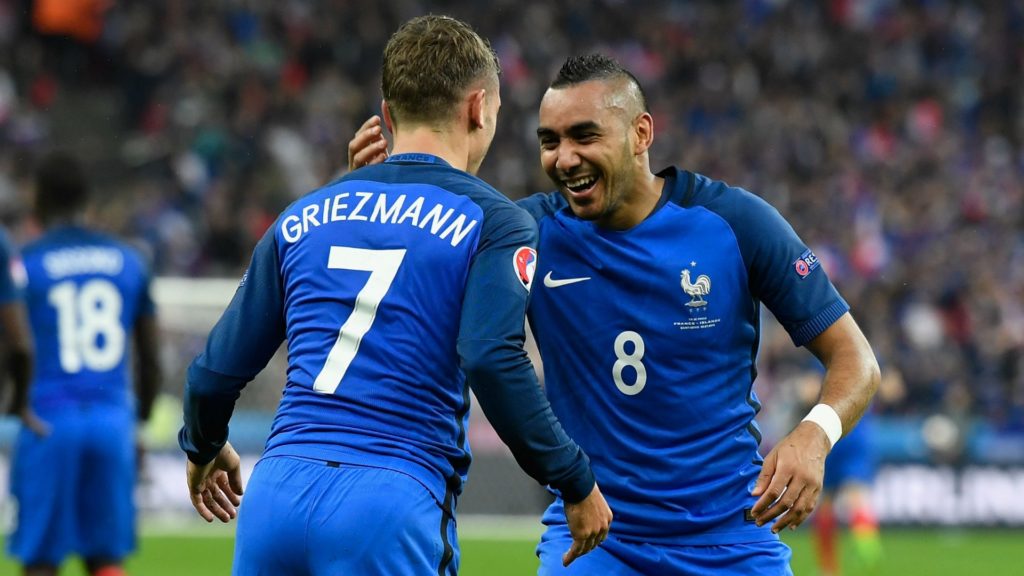Andre-Villas Boas is, nowadays, embroiled in a gigantic conflict with his employees and fans at Olympique de Marseille. However, it was AVB’s brilliant tactics that landed OM a Champions League ticket last year. At what surely seems to be the end of a chapter, let’s look at Villas-Boas’ tactics and strategy.
Andre-Villas Boas’s career so far
Few managers in the moern game have as colorful a career as Andre-Villas Boas, one of the best rated tacticians on the planet, and, for some, a highly controversial figgure.
Villas Boas was molded to be the heir to Jose Mourinho. In fact, it was the Special One who first offered him the opportunity to be his assistant manager, first at FC Porto, and later at Chelsea and Intern Milano.
By 2009, the ambitious Villas Boas has struck on his own taking jobs at Academica and, later, Porto, back in his native country. Good results and the relations he’d help foster earned him the managerial position at Chelsea next. Famously, Roman Abramovich agreed to pay Porto a relsease clause of nearly €15 million.
AVB’s time at Chelsea and Tottenham
Andre-Villas Boas started his reign in superb fashion, but by early 2012, his famous temper had begun rocking the boat. Chelsea called for his resignation. The team would go on to win that season’s Champions League trophy.
Next, the highly touted manager took over for Harry Redknapp as manager of Tottenham. AVB’s 18 month stay did not yield silverware. However, the manager departed having registered the best winning percentage of any Spurs manager.
Reports that Real Madrid and Paris-Saint Germain had approached Villas Boas were confirmed the young tactian himself. Still, he surprisingly chose the very wealthy Zenit Saint Petersburg and Shanghai SIPG. With a good winning percentage, many wondered just this manager could still achieve at the highest of levels.
In 2019, it looked like the Portuguese would finally prove those who had backed him right. He joined the legendary Ligue 1 outfit Olympique de Marseille, a club in turmoil.
Against the odds, he helped the team qualify for the Champions League in 2020. The team’s form declined slightly this season. However, it was a combination of AVB’s criticism of the owners for signing Olivier Ntcham from Celtic, the fans’ dissatisfaction with the board and manager, and the OM’s own difficult club culture that has brought us here.,
At the time of writing Villas-Boas is suspended by his own club ahead of Le Classique against Paris Saint-Germain.
André Villas-Boas tactics and philosophy
To speak of André Villas-Boas is to speak of one of the most interesting managerial visions of recent decades. Known as a pragmatist in the style of his mentor, Jose Mourinho, AVB was able to get Marseille to finish second in Ligue 1. It’s the first time that the club has managed to reach the podium since 2013.
André Villas-Boas’ football philosophy is adaptive to the team’s needs. However, throughout his career, a few characteristics have nearly always been present. The manager likes to play with a back four and use a high press. His teams are, usually, very strong on the counterattack and the role of each player is carefully prepared to suit that player’s qualities. AVB often uses three forwards and, at least, one attacking wing-back.
André Villas-Boas’ Olympique Marseille tactics
AVB took charge of OM at a difficult moment for the club. Hi style of play was adapted to suit the highly particular characteristics of OM’s squad.
On most occasions, the manger opted for a 4-1-4-1 formation, of a 4-3-3, the style tht he has used most oten throughout his career. The Portuguese has opted to field mostly the same starting 11 whenever possible. Players like Boubacar Kamara, Valentin Rongier and Morgan Sanson have greatly improved during this period.
This has also proven, in part, to be OM’s undoing. A string of injuries and a poor transfer policy has meant that Villas Boas has constantly needed to adapt his methods throughout his second season.
Attacking build-up
Most of Marseille’s attacks are carried out on the wings. The team prioritizes width and will tend to overload wider areas, especially when counterattacking. Hiroki Sakai and Jordan Amavi, the team’s wing-backs, are particularly important to this strategy.
The two usually display an attacking mentality, advancing up the field while the defensive midfielder, Kevin Strootman, tends to drown down to complement the two central defenders. Also, wingers will tend to tuck into the midfield of the pitch, helping create diamond shapes that the team can exploit.
Like other of Villas-Boas’s teams, OM tend to attack quickly and directly. They rarely depend on long balls and the player’s phisicality. However, the team is instructed to play at a quick pace, using short passes and transitions to get to the opposition’s goal as quickly possible.
Defensive setup
Creating a sense of discipline was one of AVB’s priorities when taking charge of Marseille. The manager has implemented a four-man defensive block, a pattern that can be found throughout his manegerial career.
Villas-Boas famously stated once that he does not believe in man-marking and OM’s setup shows this. Players defend in groups. Pressing is not overly aggressive. Given their high defensive line, mistakes here could prove crucial.
The team seeks out the opposition’s mistakes, using these to create dangerous counter-attacks. The method od pressing veers towards the classic of approach of having the nearest player challenge for the ball while his teammates attempt to block out passing avenues.
This approach is essential in helping Marseille develop their most effective strategy, the quick transitions. When the ball is won back, it will be quickly recycled forward with as little time wasted as possible.
Villas-Boas’ legacy at Olympique de Marseille
As has been the case throughout his career, it will be difficult to pin down just how much Andre Villas-Boas has achieved at OM, how much he has failed, and what more could have been done.
Frankly, the manager raised the team’s playing abilities and improved results dramatically. The club failed to provide him with the personnel needed to maintain thse victories. Never a man know for his skill in diplomacy, Villas-Boas was direct in voicing his displeasure which may have shortened his time in charge of the club.
When the dust has settled though, as has been the habit with previous clubs he has managed, fans will remember Andre Villas-Boas as one of the most talented managers to have guided their team in recent years.
